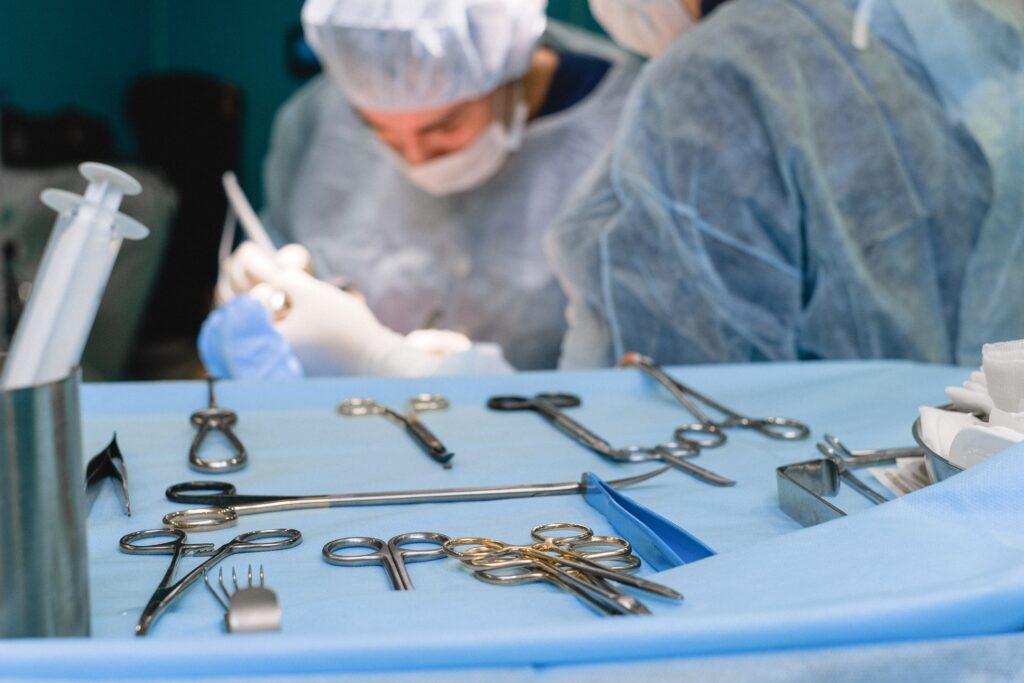🚀 Discover how the AI-driven LabelComp tool is transforming drug safety surveillance! By automating the identification of adverse events in drug labelling, LabelComp enhances accuracy and efficiency, supporting regulatory decision-making and public health. 🌐💊
#SyenzaNews #AIinHealthcare #DrugSafety #PharmaInnovation #RegulatoryScience
CORRESPONDENCE ADDRESS
PO Box 8547, #95478, Boston, MA 02114, USA
WRITE US




